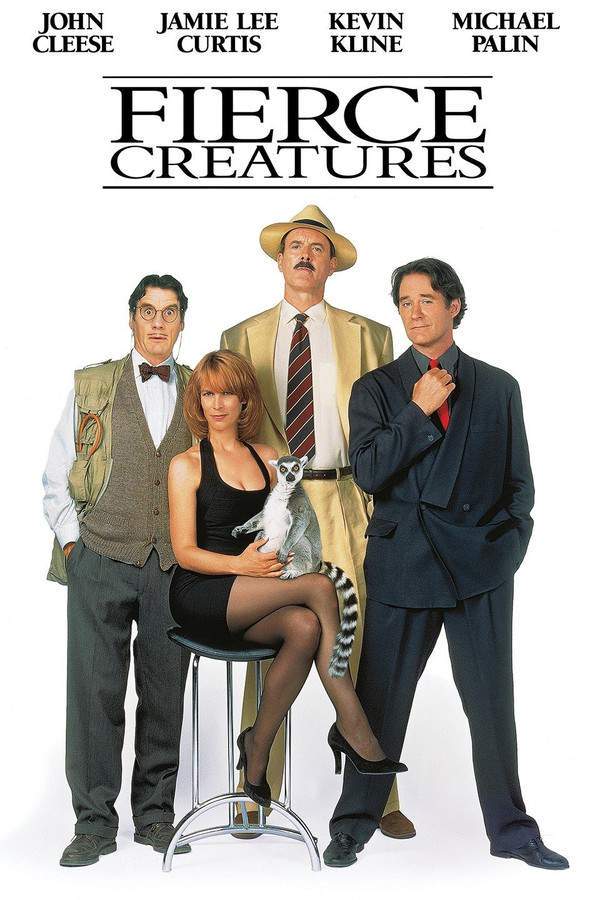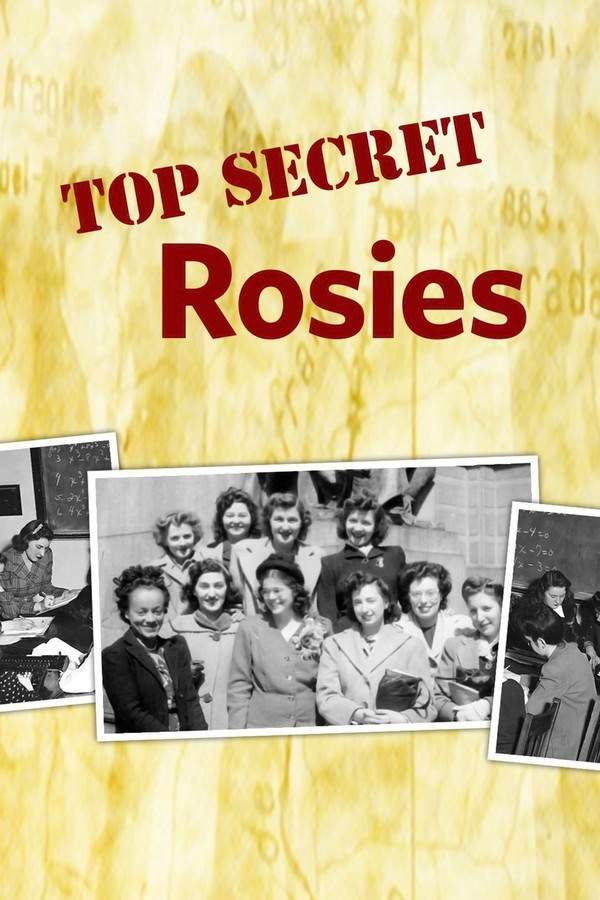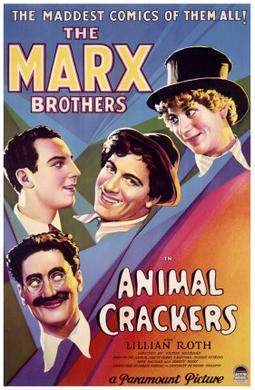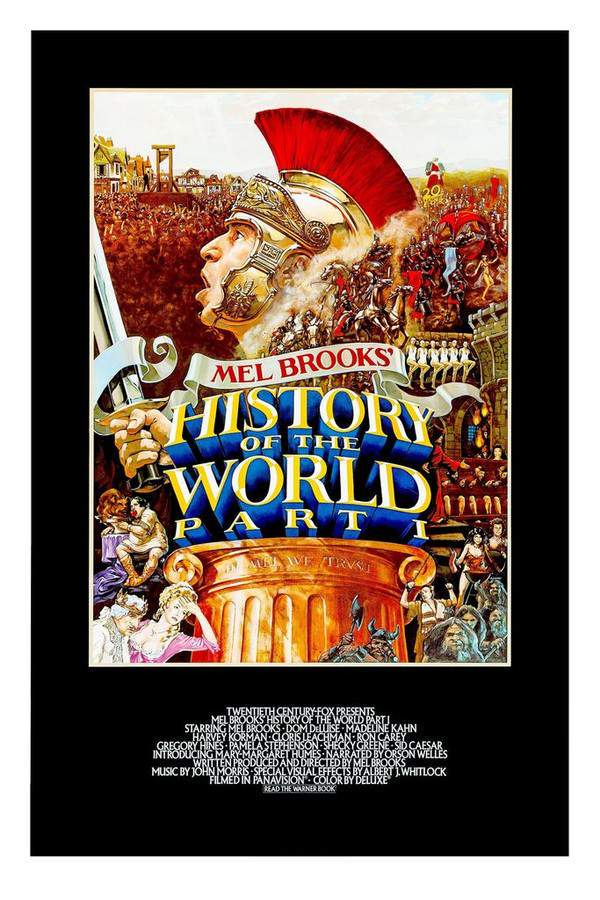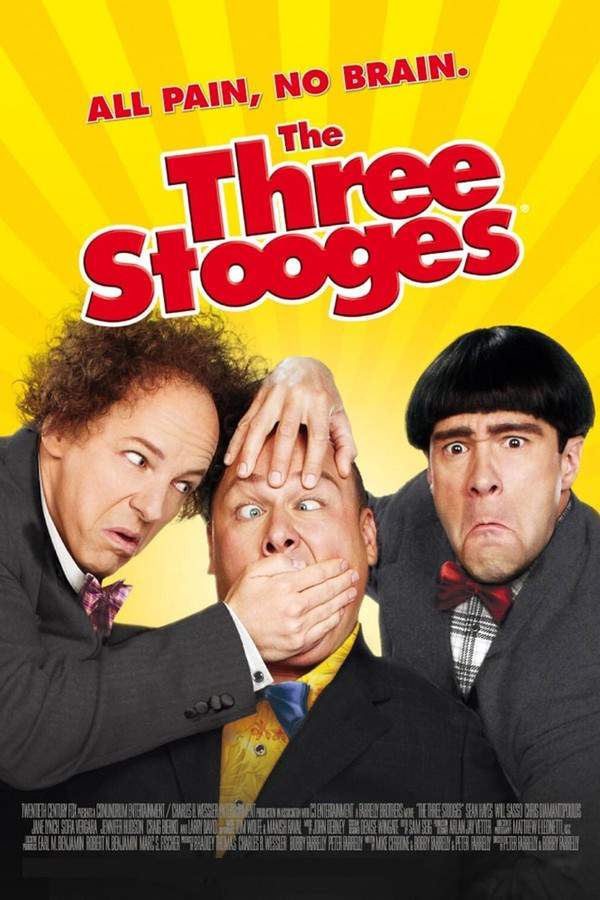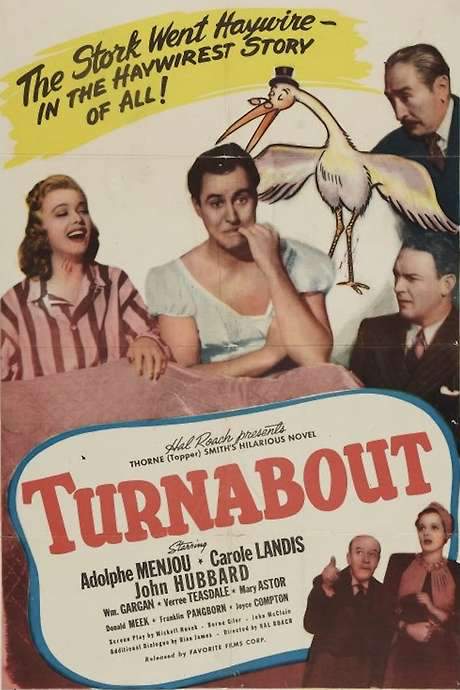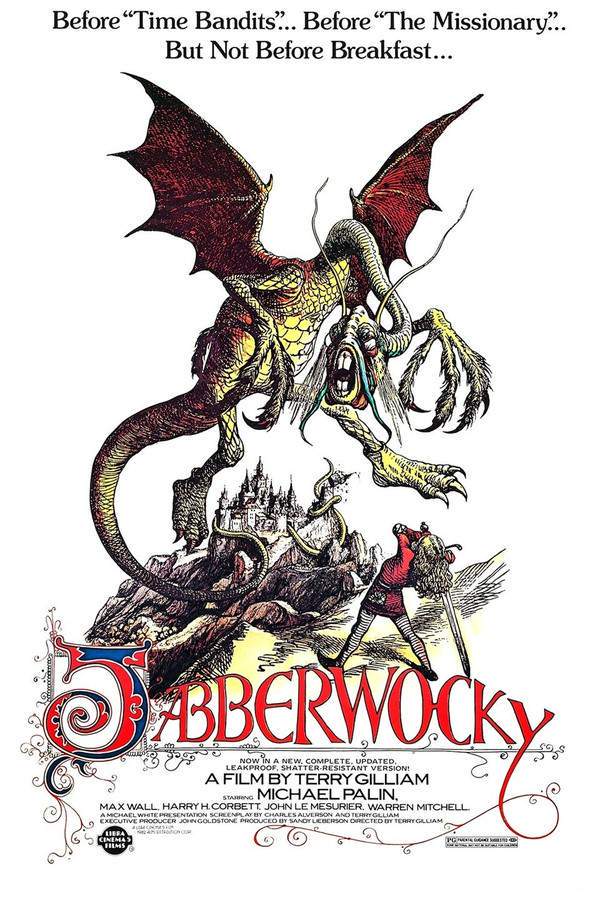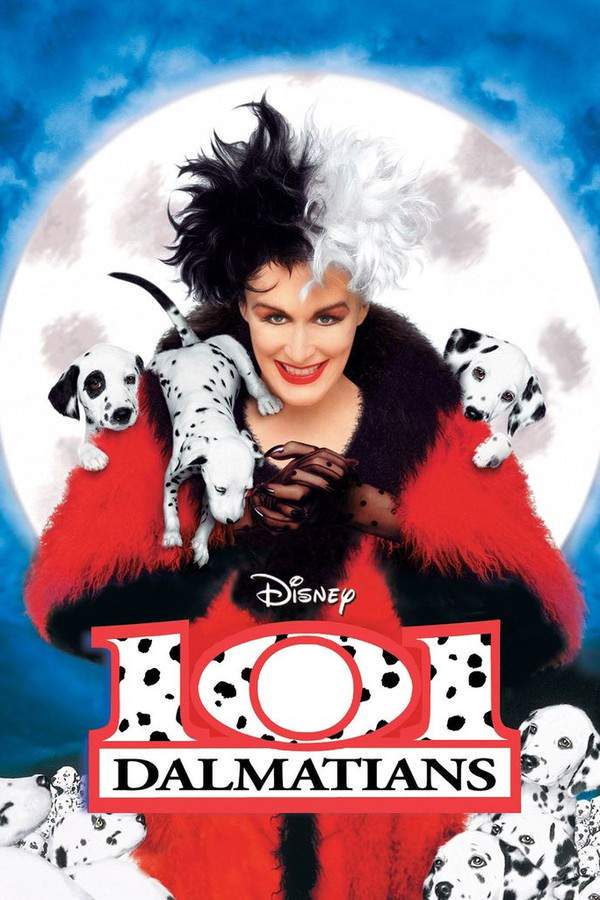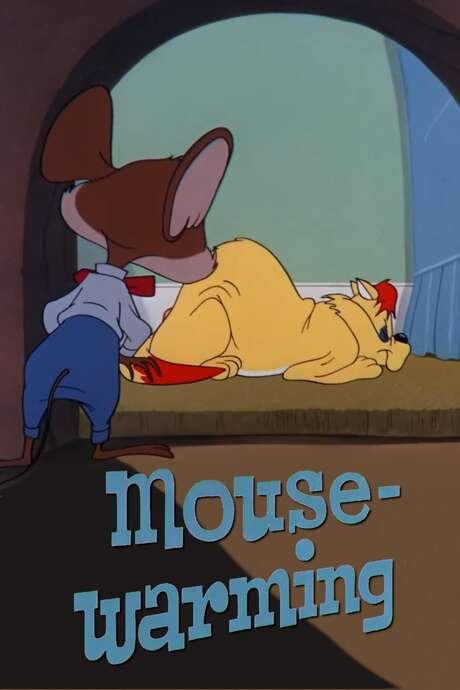
The Mouse That Roared
Year: 1959
Runtime: 83 mins
Language: English
Director: Jack Arnold
A satirical comedy where the tiny European duchy of Grand Fenwick, facing economic collapse, hatches a scheme to declare war on the United States, deliberately lose, and then receive foreign aid. Its medieval‑styled army in chain mail and bows lands in New York during a nuclear drill, finds the streets cleared, and sparks a series of slapstick mishaps.
Warning: spoilers below!
Haven’t seen The Mouse That Roared yet? This summary contains major spoilers. Bookmark the page, watch the movie, and come back for the full breakdown. If you're ready, scroll on and relive the story!
The Mouse That Roared (1959) – Full Plot Summary & Ending Explained
Read the complete plot breakdown of The Mouse That Roared (1959), including all key story events, major twists, and the ending explained in detail. Discover what really happened—and what it all means.
The tiny, cash-strapped Duchy of Grand Fenwick faces a harsh new reality when an American company releases a cheaper imitation of its single export, the revered Pinot Grand Fenwick wine. In response, the wily Prime Minister Count Rupert Mountjoy plots a mischievous and remarkably simple scheme: declare war on the United States, then surrender and rely on the generous postwar aid that often follows a victory. The Duchess Gloriana XII, a patient but practical monarch, tilts toward the plan, while the mild-mannered game warden Tully Bascombe becomes the unlikely Field Marshal who will lead a twenty-man unit into the world’s most powerful theater. The unit’s commander is the unassuming Will Buckley, a sergeant who brings steady nerves to a mission that sounds more like a prank than a march.
The expedition arrives by sea, a feudal troupe in medieval chain mail riding a small merchant ship across the Atlantic. They reach New York Harbor just as the city is under a routine air-raid drill, a spectacle that leaves the streets deserted and easy for misinterpretation. The Grand Fenwick band is spotted by a civil defense team and soon mistaken for an invasion of Martians. The blowback starts almost immediately when their bow-and-arrow march on a blundering General Snippet leads to a hostage situation: Snippet and four officers are captured as the Fenwick delegation hunts for a place to surrender. The moment is chaotic, comic, and oddly effective, a testament to how misperception can become leverage.
In the chaos, Tully Bascombe and Sergeant Buckley stumble upon Dr. Alfred Kokintz, a brilliant but diffident scientist whose invention could alter the balance of power: the Q Bomb, a device capable of destroying an entire continent in a heartbeat. Kokintz has built a football-sized prototype, and in a mix of audacity and necessity, Tully takes possession of it. With Kokintz and his daughter, Helen Kokintz, as additional hostages, Tully announces victory and returns to Grand Fenwick, their pockets full of uncertainty and ambition.
Back home, the duchess is drawn into the swirl of events, and the political winds begin to shift. Mountjoy resigns in disgust at what he sees as a flagrant lapse in judgment, leaving the mantle—and the responsibility—on the shoulders of the unassuming Tully Bascombe. The U.S. government, wary of the dishonor that could follow if it attacked such a tiny, seemingly undefended nation, decides to negotiate from a distance. They dispatch the United States Secretary of Defense to confer, and suddenly Grand Fenwick becomes a pivot point in a tense game of global chess: offers of defensive aid from major powers compete with the possibility of a hard-won ransom for the bomb.
Along the way, a romance softens the edges of political satire. Tully finds himself drawn to Helen Kokintz, who initially views his capture with a blend of scorn and skepticism, then yields to his straightforward charm. The two develop a quiet rapport that adds warmth to the political intrigue, a reminder that human connection can bloom even in the most improbable circumstances.
Yet the plot thickens as Snippet, working with Mountjoy, schemes to reclaim the device and the hostages, hoping to force a more advantageous settlement. Tully gives chase and manages to retrieve the Q Bomb before the situation can spiral further out of control. In terms of terms negotiated with the Defense Secretary, several conditions are laid out: the counterfeit wine will be pulled from the shelves, Grand Fenwick will receive financial aid, and Helen and her father will remain in the duchy. Most curiously, the bomb itself will stay in Fenwickian hands, retained as a last-resort safeguard by the “little countries of the world” should the superpowers fail to disarm.
What follows is a delicate dance of diplomacy and deception. The device is put under guard and inspected for damage, only to reveal a surprising truth: it is a dud, a fact kept secret as a matter of national pride and strategic face-saving. The trio—Tully, Helen, and Kokintz—conspire to keep the bomb inert, a deception that suits their short-term aims but leaves the door ajar for future trouble. In a final twist, a mouse emerges from the bomb’s hollow, suggesting that even the tamest of tools might still be primed for action if disturbed. The ending blends relief with irony, hinting that the smallest powers may still harbor the last word in a world where strength isn’t the only currency.
-
Grand Duchess Gloriana XII [Peter Sellers] is portrayed with a mix of charm and shrewd practicality, a figure who navigates the political minefield with a steady gaze and a sense of humor.
-
The resourceful [David Kossoff] as Professor Alfred Kokintz and [Jean Seberg] as Helen Kokintz anchor the scientific and familial threads of the story, their presence tipping the balance between risk and reward.
-
The stoic leadership of [William Hartnell] as Will Buckley and the brisk, sometimes blunt leadership style of [MacDonald Parke] as General Snippet anchor the military farce within a larger geopolitical satire.
-
The wry, offbeat presence of [Leo McKern] as Benter adds another layer of comic tension, while [Monte Lande] as Cobbley and others round out the quirky cast that makes Grand Fenwick feel both tiny and impishly triumphant.
-
The film’s satirical bite lands most sharply in the negotiations with the U.S. power structure, where diplomacy, bluff, and a pinch of luck collide in a way that only a nation the size of a postage stamp could pull off.
-
The result is a comedy that reads as a sly parable about power, dependency, and the stubborn vitality of a tiny country that refuses to be dismissed, even when its plans teeter on the edge of farce.
In the end, the story remains a deft blend of whimsy and wit, where the smallest country can tilt the scales of global politics with a good idea, a dash of courage, and a bit of improbable luck. The film uses its brisk pace and its cast’s impeccable timing to explore clever themes about leverage, perception, and the absurdities of power, leaving audiences with a lingering smile and a reminder that sometimes, the most significant battles are fought with ideas rather than armies.
Last Updated: October 05, 2025 at 11:45
Explore Movie Threads
Discover curated groups of movies connected by mood, themes, and story style. Browse collections built around emotion, atmosphere, and narrative focus to easily find films that match what you feel like watching right now.
Absurd Political Comedies like The Mouse That Roared
Whimsical comedies where ridiculous political schemes spiral into hilarious chaos.Find more movies like The Mouse That Roared in this collection of witty political satires and farces. If you enjoyed the absurd premise of a tiny nation's war on a superpower, you'll love these stories of hilarious political blunders, quirky diplomats, and comical schemes with unexpected consequences.
Narrative Summary
The narrative pattern usually begins with an outlandish but seemingly logical plan hatched by underdogs or eccentrics. This plan immediately collides with the real world, resulting in a cascade of misunderstandings and slapstick situations. The journey is less about high-stakes conflict and more about the humorous unraveling and eventual ironic success of the original scheme, often leading to a happy and unexpectedly hopeful resolution.
Why These Movies?
Movies in this thread are united by their whimsical tone, light emotional weight, and focus on political satire executed through farce. They share a steady, comedic pacing that allows the absurdity to build naturally, creating a consistently amusing and intellectually playful viewing experience.
Quirky Underdog Stories like The Mouse That Roared
Stories where small, eccentric communities triumph through sheer heart and humor.Explore more movies like The Mouse That Roared featuring lovable underdogs and eccentric communities. These films capture the charm of small groups with big hearts overcoming obstacles through their uniqueness, leading to heartwarming and humorous victories against all odds.
Narrative Summary
The narrative follows a close-knit, eccentric group—be it a tiny country, a small town, or a peculiar family—facing an existential threat or a monumental challenge. Their journey involves embracing their quirks as strengths, leading to a series of fish-out-of-water scenarios and gentle misadventures. The conflict is resolved not through force, but through the unexpected value of their distinct identity, resulting in a feel-good victory.
Why These Movies?
These movies are grouped by their focus on endearing, anachronistic communities and their lighthearted, triumphant journeys. They share a whimsical atmosphere, a steady, amusing pace, and a central theme of heart and humor triumphing over sheer size or modernity.
Unlock the Full Story of The Mouse That Roared
Don't stop at just watching — explore The Mouse That Roared in full detail. From the complete plot summary and scene-by-scene timeline to character breakdowns, thematic analysis, and a deep dive into the ending — every page helps you truly understand what The Mouse That Roared is all about. Plus, discover what's next after the movie.
The Mouse That Roared Timeline
Track the full timeline of The Mouse That Roared with every major event arranged chronologically. Perfect for decoding non-linear storytelling, flashbacks, or parallel narratives with a clear scene-by-scene breakdown.

Characters, Settings & Themes in The Mouse That Roared
Discover the characters, locations, and core themes that shape The Mouse That Roared. Get insights into symbolic elements, setting significance, and deeper narrative meaning — ideal for thematic analysis and movie breakdowns.

The Mouse That Roared Spoiler-Free Summary
Get a quick, spoiler-free overview of The Mouse That Roared that covers the main plot points and key details without revealing any major twists or spoilers. Perfect for those who want to know what to expect before diving in.

More About The Mouse That Roared
Visit What's After the Movie to explore more about The Mouse That Roared: box office results, cast and crew info, production details, post-credit scenes, and external links — all in one place for movie fans and researchers.

Similar Movies to The Mouse That Roared
Discover movies like The Mouse That Roared that share similar genres, themes, and storytelling elements. Whether you’re drawn to the atmosphere, character arcs, or plot structure, these curated recommendations will help you explore more films you’ll love.
Explore More About Movie The Mouse That Roared
The Mouse That Roared (1959) Scene-by-Scene Movie Timeline
The Mouse That Roared (1959) Movie Characters, Themes & Settings
The Mouse That Roared (1959) Spoiler-Free Summary & Key Flow
Movies Like The Mouse That Roared – Similar Titles You’ll Enjoy
The Mouse Police (1995) Full Summary & Key Details
Mouse and Garden (1960) Complete Plot Breakdown
The Missing Mouse (1953) Movie Recap & Themes
By Word of Mouse (1954) Full Summary & Key Details
The Mouse Comes to Dinner (1945) Film Overview & Timeline
The Haunted Mouse (1941) Complete Plot Breakdown
Fifth Column Mouse (1943) Film Overview & Timeline
Mouse Trouble (1944) Movie Recap & Themes
The Mice Will Play (1938) Complete Plot Breakdown
Stooge for a Mouse (1950) Ending Explained & Film Insights
Mouse-Warming (1952) Film Overview & Timeline
The Mouse on the Moon (1963) Detailed Story Recap
Mouse Wreckers (1949) Story Summary & Characters
The Mouse That Jack Built (1959) Detailed Story Recap
A Mouse with the Men (1964) Complete Plot Breakdown

